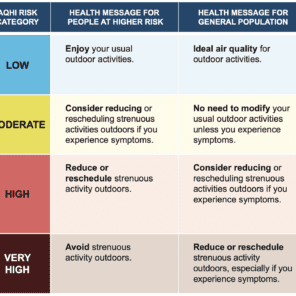Client: World Health Organization (Geneva, Switzerland), Food and Agriculture Organization (Rome, Italy)
Listing of the client in no way affirms the client's support, sponsorship, or validation in any form of Risk Sciences International or the RSI staff member(s) who conducted this project during their stay with RSI or prior to joining the company. This case study is displayed for informative purposes only to demonstrate the capacity of RSI staff members. This case study reveals no proprietary information or information deemed sensitive.
Food safety risk analysis tools
The World Health Organization and the Food and Agriculture Organization of the United Nations asked RSI to develop a suite of online tools to support food regulators and the food industry in applying risk-based approaches to food safety. These organizations were seeking a way to provide globally accessible, scientifically robust decision-support instruments that would strengthen food control systems and enable harmonization of standards across countries. The goal was to make risk assessment and management tools widely available, particularly to regulators in developing countries, where capacity building was a pressing need.
The request covered a series of targeted tools, each addressing a different class of hazards or regulatory problems. RSI designed interactive tools for Cronobacter sakazakii in powdered infant formula, Campylobacter and Salmonella in chicken meat, and a range of microbiological and chemical hazards requiring sampling plan evaluations, including histamine and mycotoxins. Each tool allowed users to simulate risk pathways, compare control strategies, and assess the impact of interventions, providing a means for policymakers and regulators to base decisions on scientific evidence rather than assumptions. The tools were designed not only to generate results but also to educate users by making explicit the linkages between process choices and public health outcomes.
For WHO and FAO, the overarching objective was to improve global food safety governance. These tools contribute to stronger standards, more consistent international trade practices, and better public health protection. They also give countries—particularly those with limited resources—the ability to conduct their own risk analyses, enabling them to participate more effectively in international food trade and safeguard their populations against foodborne illness.
More RSI Case Studies
RSI presents a very small selection of case studies to highlight some of its key work.






